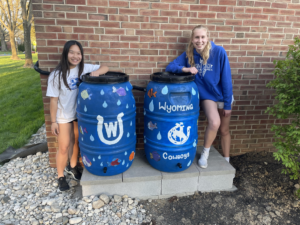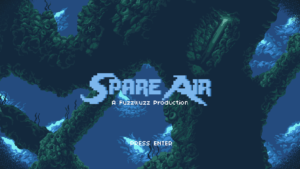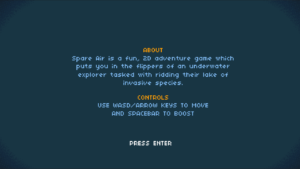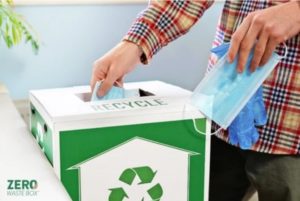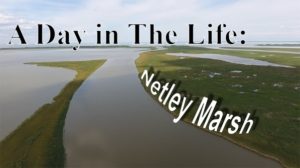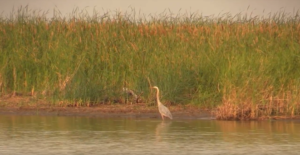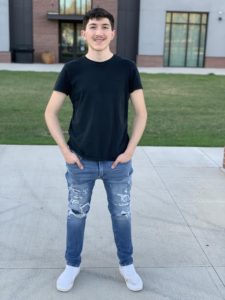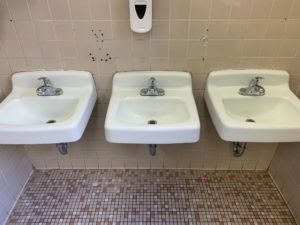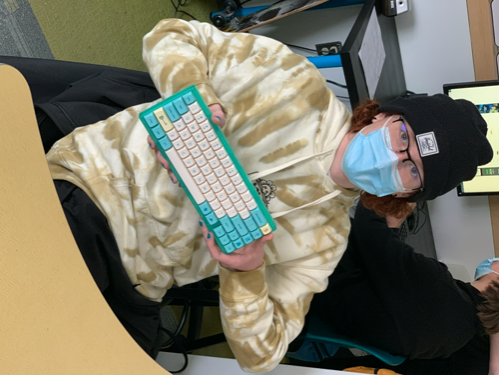2021, Sacramento, CA, USA
For their Caring for Our Watersheds project, Grant High School students Madeline Her, Cady Moua, and Alexa Martinez focused on conserving water through water-wise gardening. The team worked to identify drought tolerant plants, such as lavender, ceonothus, and blanketflower, that not only require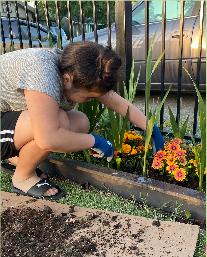 less watering than traditional landscape plants, but also provide habitat for a variety of pollinator species. Due to COVID-19, each team member planted a small demonstration garden in her own yard that utilized these species, and, in 2 yards, removed a section of the grass area that needed frequent watering. The project allowed for the students to reduce landscape water use as well as share their new knowledge about the process with family and neighbors.
less watering than traditional landscape plants, but also provide habitat for a variety of pollinator species. Due to COVID-19, each team member planted a small demonstration garden in her own yard that utilized these species, and, in 2 yards, removed a section of the grass area that needed frequent watering. The project allowed for the students to reduce landscape water use as well as share their new knowledge about the process with family and neighbors.

